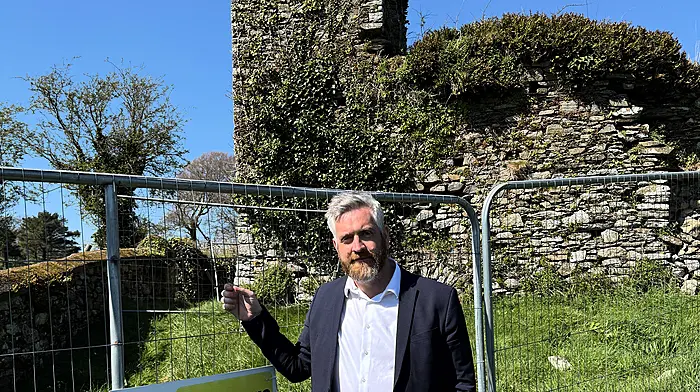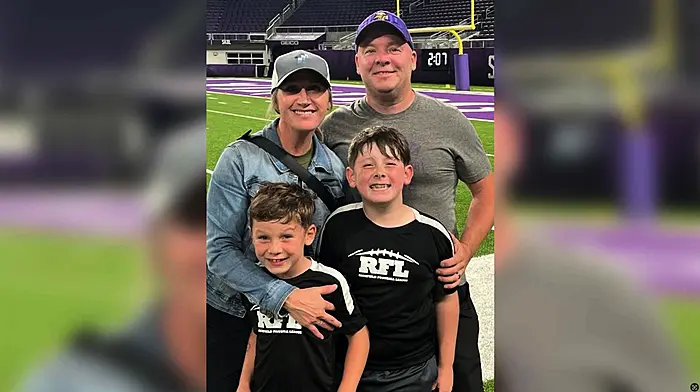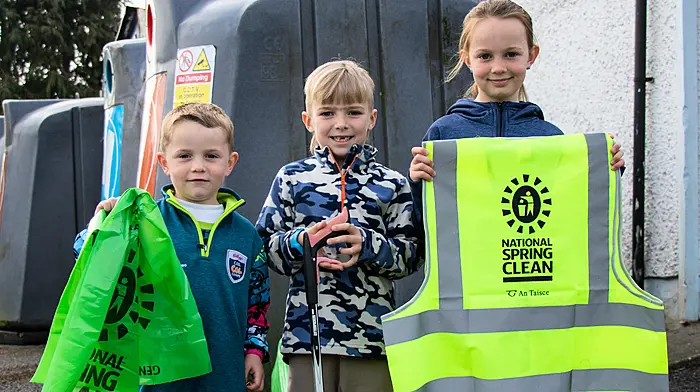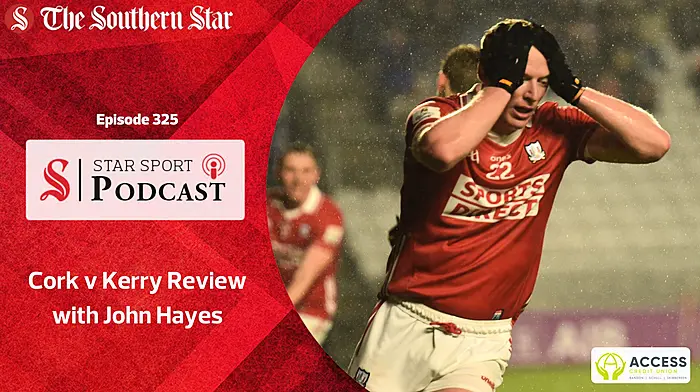THE announcement this week by the government to extend the provision of GP cards to over 500,000 more people next month could well ruffle a few feathers – and that is putting it very mildly. This week we are covering comments by Beara GP Dr Fiona Kelly relating to ‘GP burnout’ which, she says, is leading to a major crisis in the sector.
Her shocking comments were echoed by local government TD Christopher O’Sullivan who has issued a statement on the ‘serious shortage’ of GPs right throughout Ireland. ‘We’ve been particularly hit here in West Cork to the point where, disgracefully, GPs are afraid to take holidays because it might force them to close their practice,’ Deputy O’Sullivan said, referring to Dr Kelly’s earlier comments.
The Fianna Fáil TD says he is raising the matter with the Health Minister this week.
But this week the Minister was busy promoting the new scheme which will bring another 78,000 children into the ‘free GP’ remit.
Considering GPs have been saying for months now that the situation regarding recruitment is dire, it is difficult to see how the new scheme will have any hope of working.
The Minister told RTÉ News on Tuesday that he had been given ‘tens of millions more’ to recruit more GPs, and that the Department has a target of 1,000 more general practice doctors within three years.
Even if this rather ambitious target was to be realised, it is yet another example of ‘too little, too late’.
By then, the population could well have risen by several thousand more, and many more of our existing GPs will have suffered burnout, if current trends continue.
While there has been general agreement with the Irish Medical Organisation (IMO), the sting in the tail is that the new ‘visit card’ scheme is not mandatory for GPs – so they don’t have to sign up.
Given Dr Kelly’s detailed insight into how difficult it is to find staff these days, and the ever-increasing workloads, it is difficult to see what doctors or practices will want to sign on the dotted line for more work.
Minister Donnelly’s department described the expansion of the scheme as the ‘largest expansion in access to GP care without charges in the history of the State’.
He said it marked a significant milestone because it will now mean that ‘those who can least afford to pay for access to care’ will have the right to attend a GP for free.
It’s a lofty plan, but what merit will it have if those potential patients have no participating GP in their area – which could well be the case in many rural areas, as evidenced by the current trends of increasingly overworked local doctors.
‘This is a gamechanger for our health service,’ he said, very enthusiastically.
He expressed similar enthusiasm when he explained that, in conjunction with the Irish College of General Practitioners, the government will ensure more young people will be trained as medics. But are we simply training them for emigration, as we are doing with our nurses and teachers, in recent years?
Making a plea for ‘urgent action’, Dr Kelly made a few suggestions to help alleviate the crisis. She noted that contracts need re-negotiating for a modern era, as young doctors aren’t willing to accept the 24/7 element of the deal, 365 days a year. Doctors need to have protected time off, she said.
She also said better financial incentives are needed to attract people to more rural areas, and Beara is a prime example of that, being up to three hours’ drive from the nearest city. And that the application process for non-national GPs needs to be overhauled. She also suggested that reduced medical insurance rates should be made available to retired GPs able to let them work occasionally.
All sensible ideas that the government should probably have had in place before announcing the latest expansion of the free GP visit card. Of course, not the first time that the government has put the cart before the horse. And not likely to be the last time, either.








